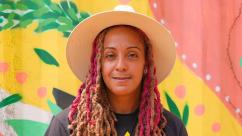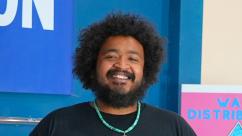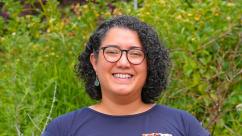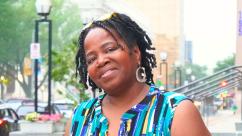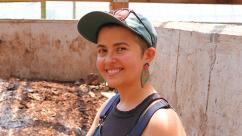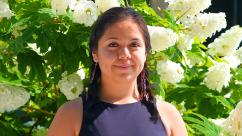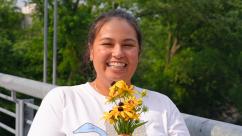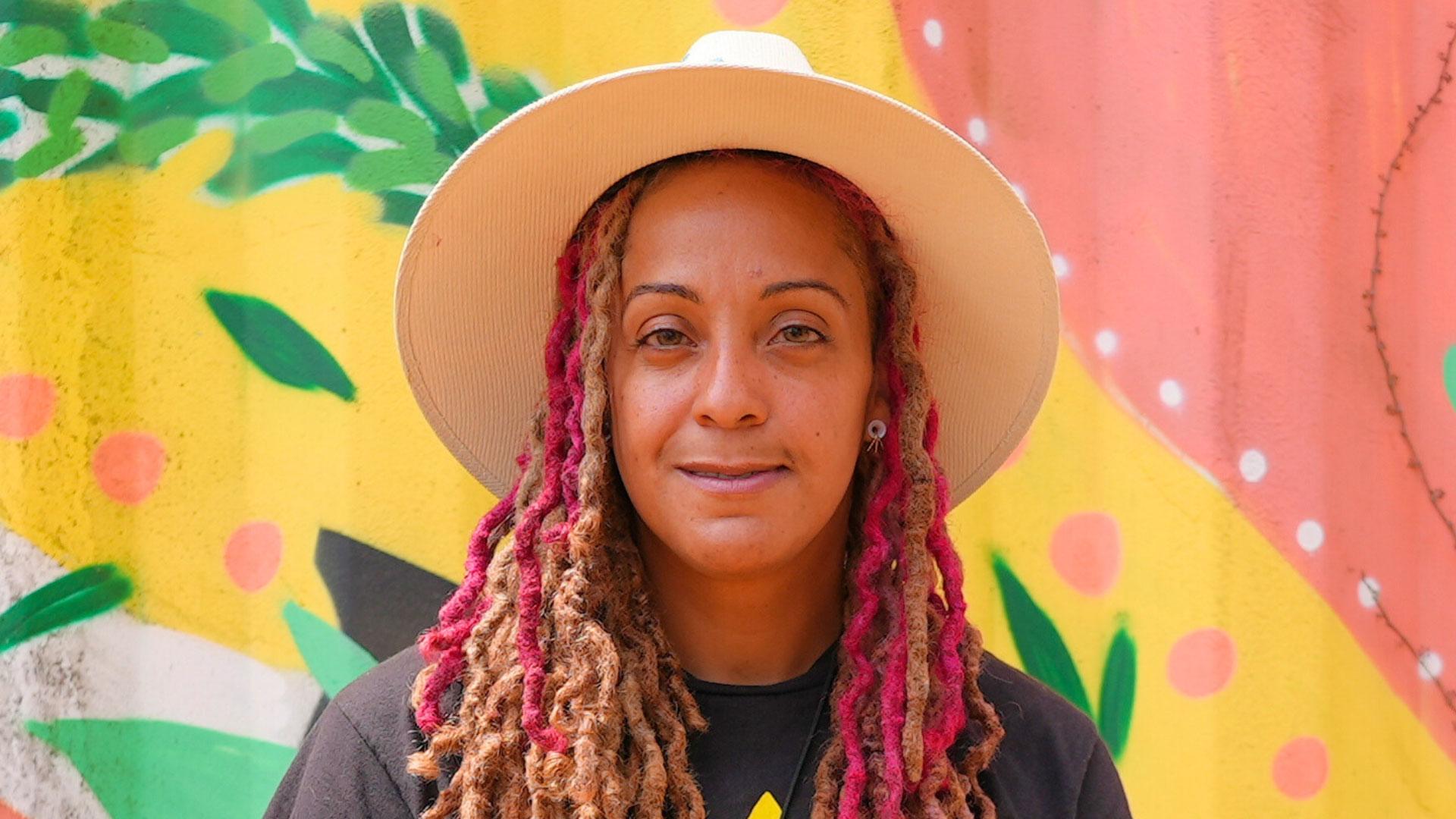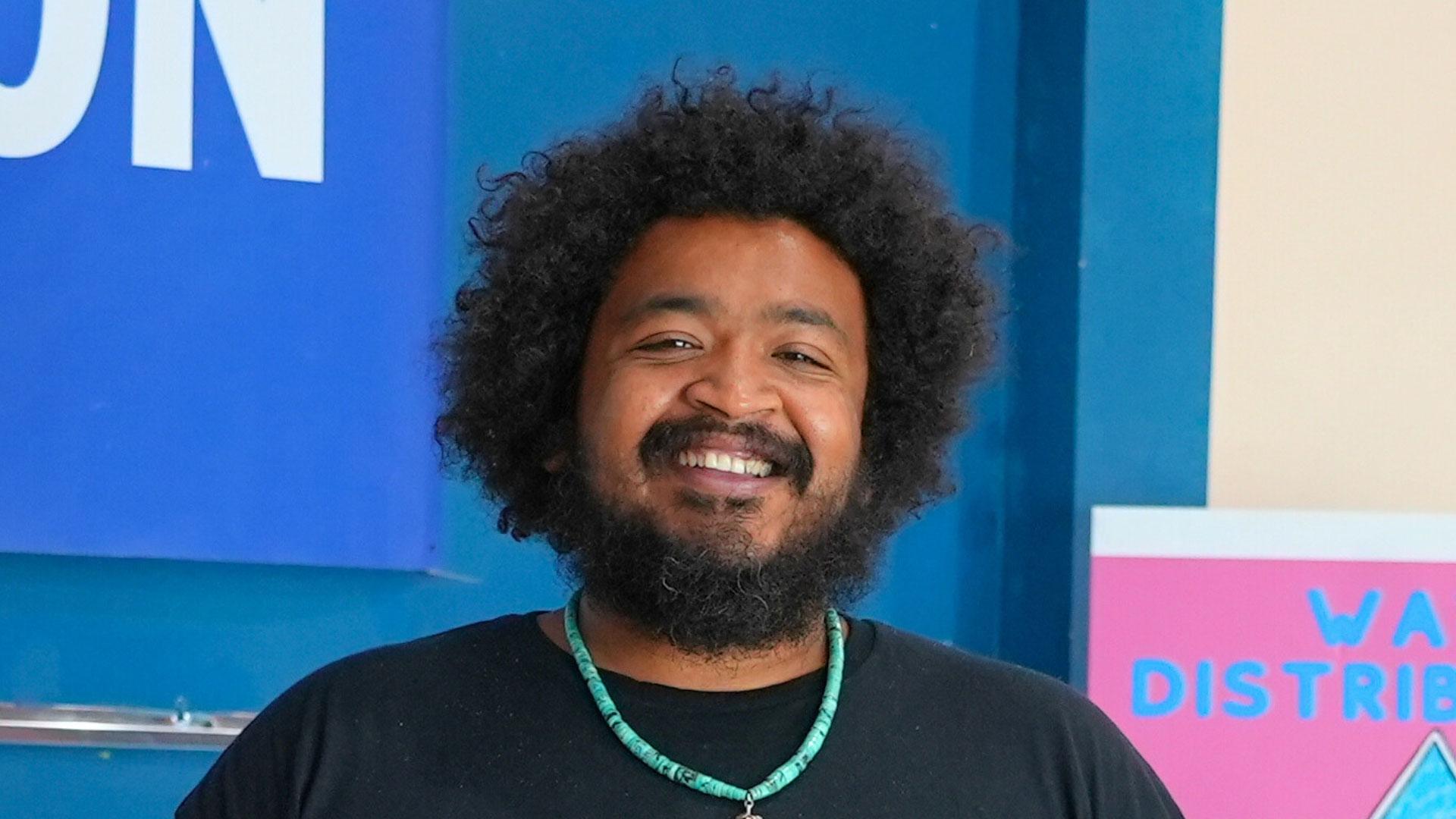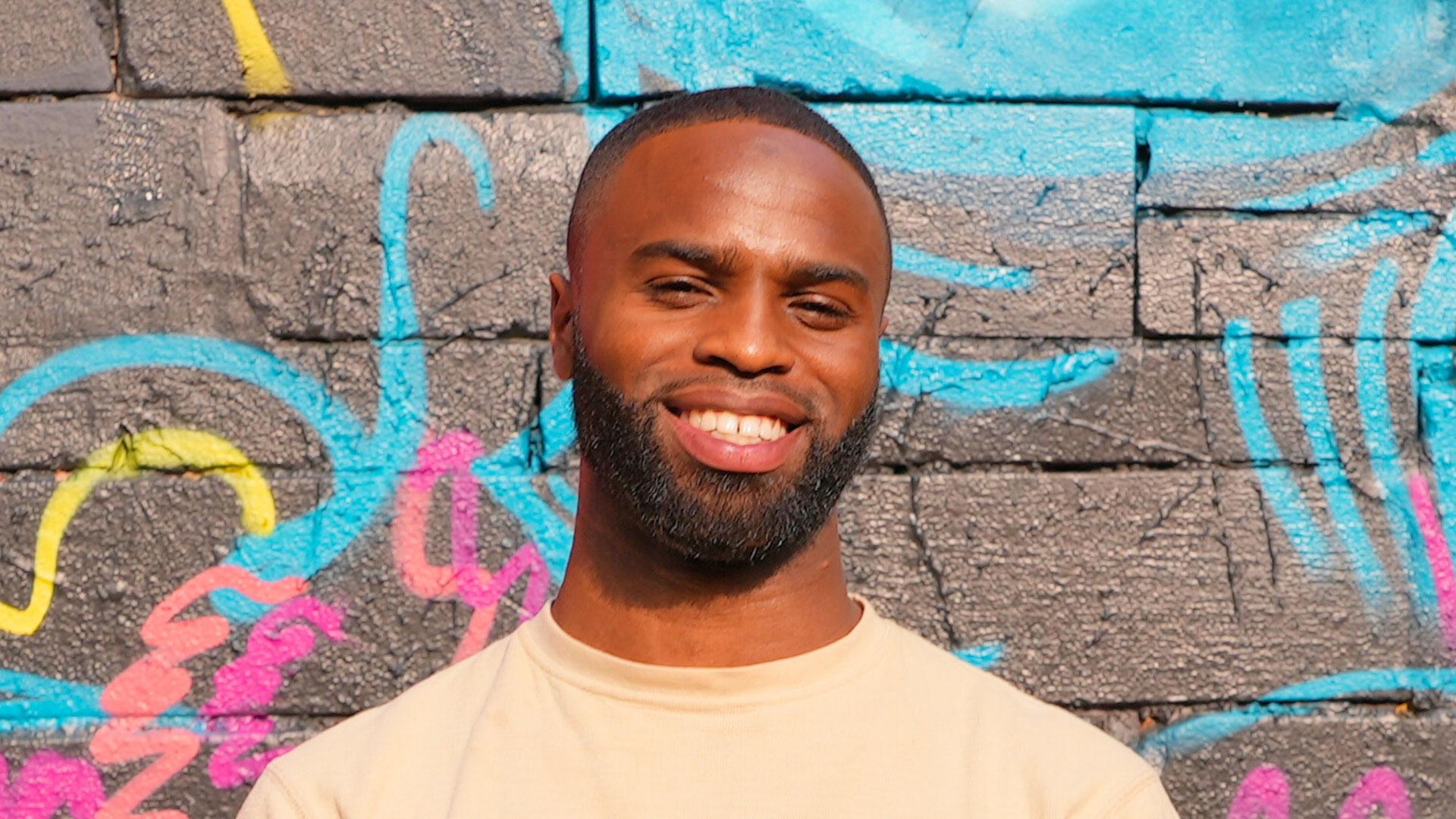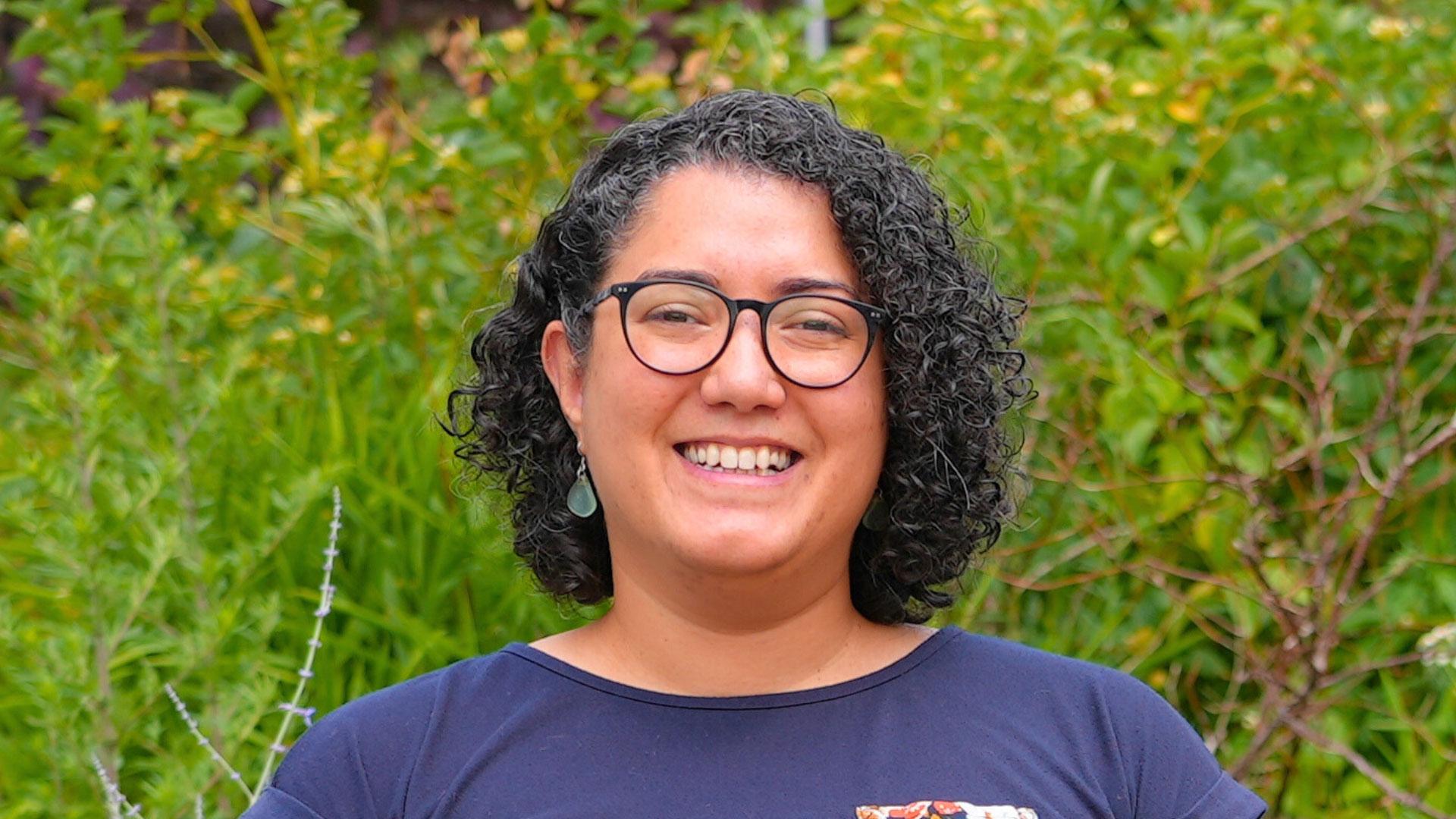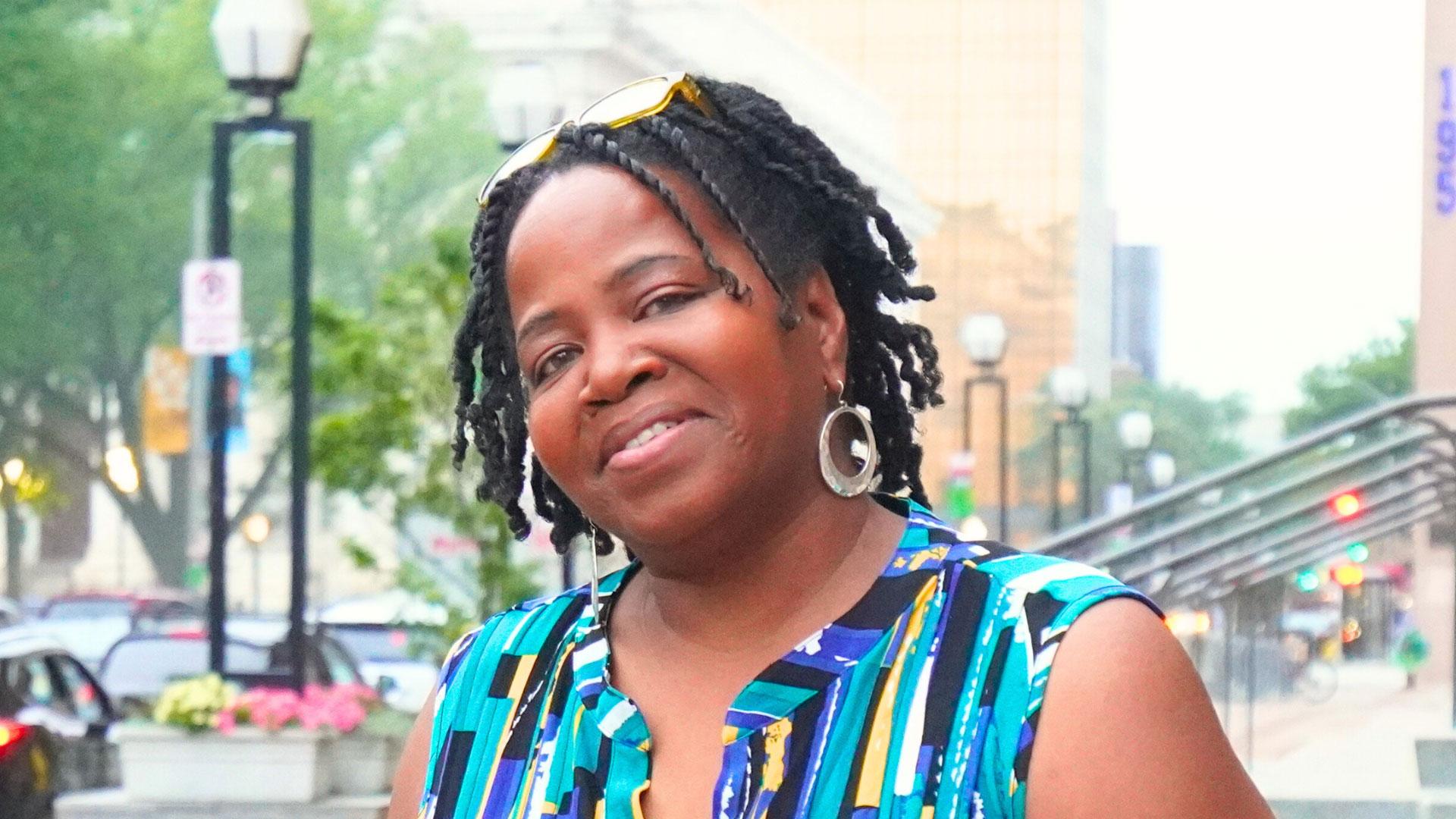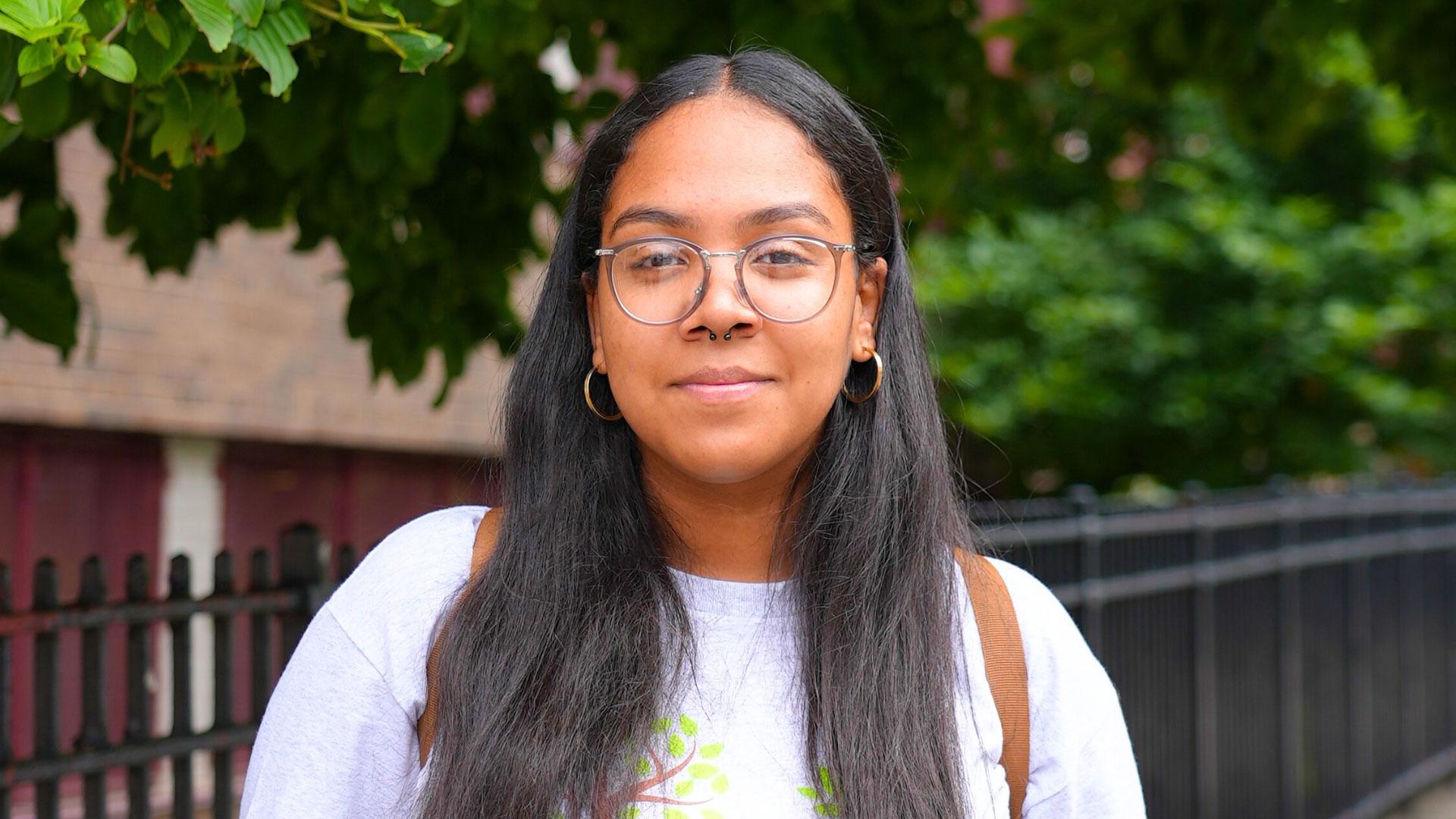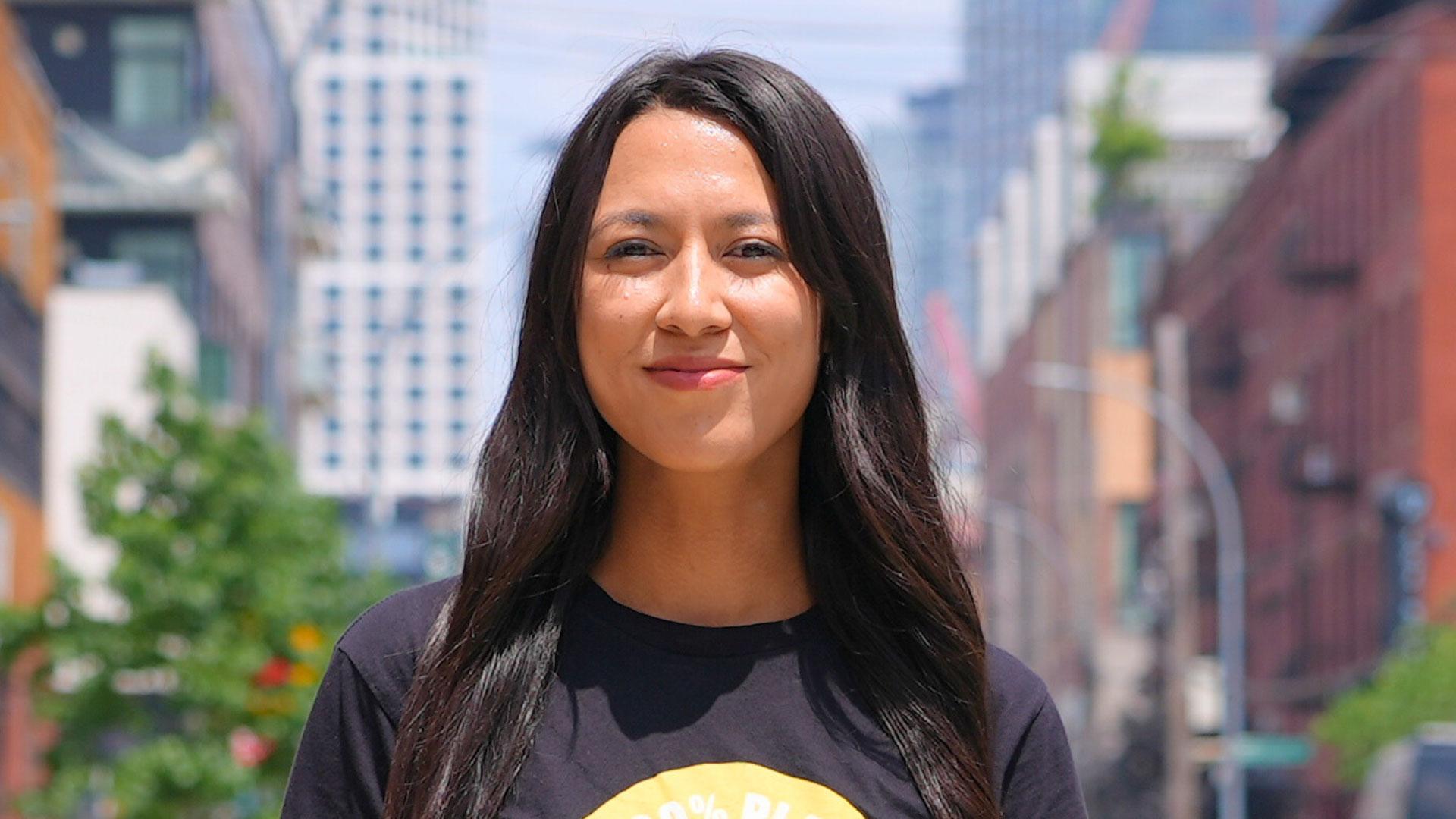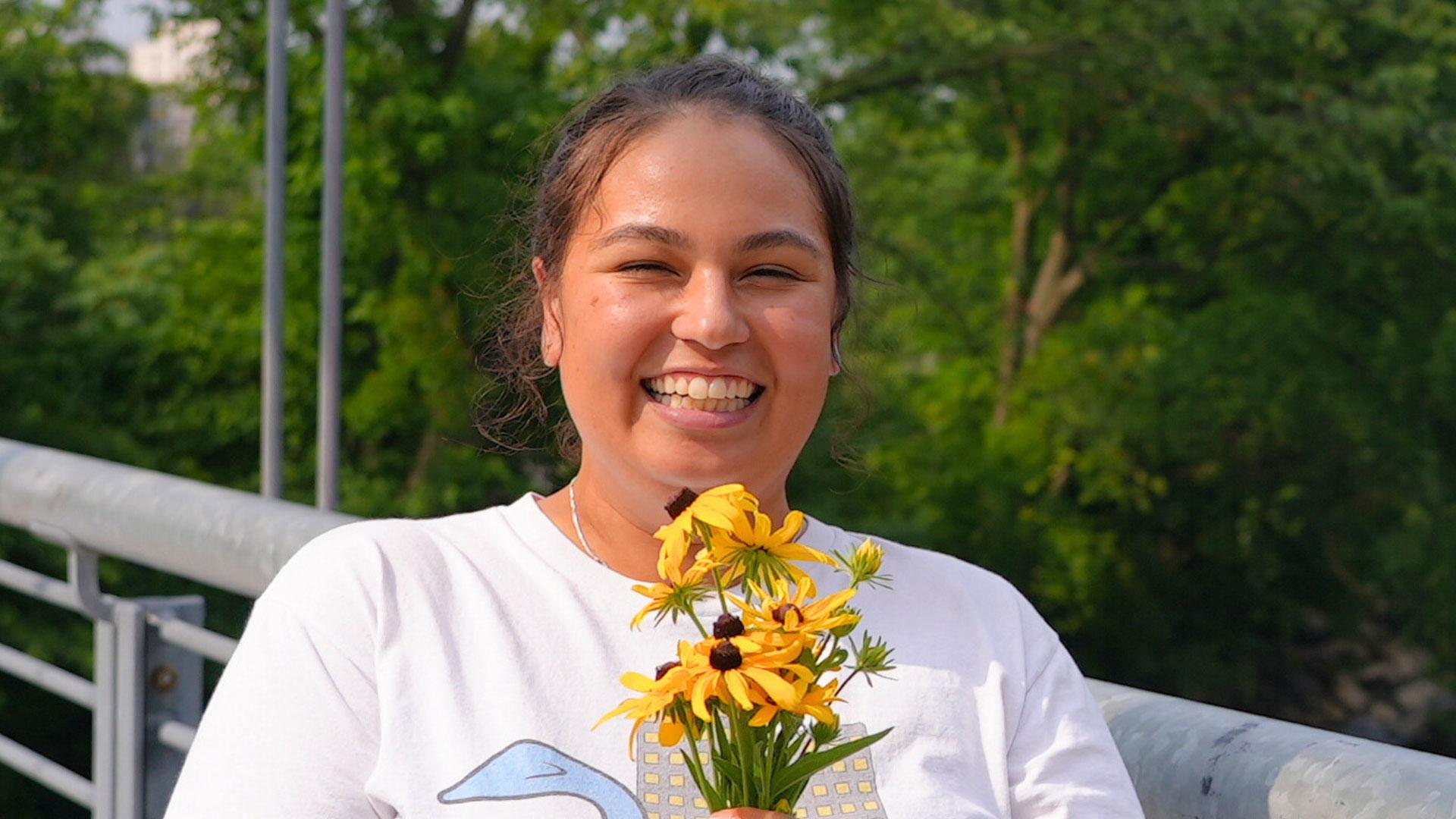Alex Rodriguez: Building a Resilient Long Island Sound Region
In this Episode
Alex’s Story
Alex Rodriguez is an Environmental Justice Specialist at Save the Sound, a regional environmental organization restoring and protecting the waterways and endangered ecosystems of Long Island Sound which has ripple effects that improve the well-being of local communities. Health equity has become a driving force for Alex’s work on environmental justice, from his journey having asthma to his personal experience with family members directly impacted by Hurricane Maria, a Category 5 storm that devastated Puerto Rico in 2017. In the aftermath of the hurricane, recovery efforts demonstrated the inequities in disaster response – who is rescued and who is left behind. Black and Brown communities, often facing multiple socio-economic challenges, are more likely to bear disproportionate impacts caused by weather events. These communities are also more likely to face challenges in accessing the resources necessary to adequately prepare for these events and to recover physically, mentally, and economically afterward. Alex’s experiences drive his motivation for building equity and resilience for environmental justice. He seeks to infuse these approaches across Save the Sound programs, collaborating with other departments in climate and water as well as broader community-led climate efforts to ensure an intersectional approach to solutions that will equip people with better policies and resources to prepare for, respond to, and recover from climate impacts.
Discussion Questions
One of the most important things you can do regarding climate change is talk about it.
- Alex grew up in West Hartford, Connecticut, and now lives in New York. Alex shares he had a good childhood and says, “I feel blessed to have grown up with my parents, and them instilling in me their sense of justice, and me taking that and making my own sense of it.” Part of Alex’s motivation to work on climate solutions is his nieces and nephew, knowing that “[a] healthy planet today and maintained means a healthy planet for them in the future, and so that is very important to me.” Do you have people in your life who are younger than you and for whom you want to see a better future? How might keeping young people in mind mobilize involvement in climate solutions?
- A formative experience for Alex was being a cadet in the civil air patrol program throughout his middle and high school years, which exposed him to emergency services, military customs and courtesies, and aerospace education, including how to fly an airplane. Alex envisioned a future in the military but was ineligible because he had asthma. From there, Alex found a new path and passion in civic engagement through environmental justice. Today, his work helps make the connection between a healthy environment and human health. Have you visited a natural place, ecosystem, or wilderness? Name that place, and share your ideas for how being immersed there might benefit your health.
- Alex's family is from Puerto Rico and experienced Hurricane Maria, a Category 5 storm that caused an estimated 2,982 fatalities and over $90 billion in damages, making it the third-costliest hurricane in United States history. Alex's mother and grandmother were in Puerto Rico at the time and he explains that "they were the lucky ones. The difference in response to Puerto Rico versus Texas after they had been impacted by a severe hurricane, it really screamed to me that environmental racism is real, and that I needed to continue organizing and helping people realize that our impacts no matter how small here do have bigger impacts on a national or international level." These experiences have motivated Alex's work at Save the Sound, where he and colleagues are supporting grassroots solutions around climate emergency preparedness, investment in weatherization, and shifting to renewable energy sources through solar projects on municipal buildings and electrification of public transit. Has your community experienced severe weather events exacerbated by climate change, such as heat waves, hurricanes, floods, wildfires, or drought? Does your local community have a climate action or emergency plan in place? If not, what can you do to help your elected officials see the importance of climate-friendly policies and strategies that will help protect people and places?
- Building relationships and coalitions are the foundation of climate justice organizing, and when we work in solidarity we can push for more ambitious policies together. “I am proud to say that I worked with 40 organizations and about 100 individuals to push a stronger environmental justice law in the state of Connecticut, following New Jersey and New York’s environmental justice laws. The environmental justice department is, to me, all about capacity building and storytelling,” Alex says. He encourages people to join their local board or commission and get involved with Save the Sound or other environmental organizations in your area as a way to learn about local environmental issues and build capacity for solutions that will make your community more resilient. Look up your local board or commission and at least one environmental group or organization in your community; what is one opportunity you can identify to get involved?
Learn More
Learn about the solutions in this story.
- Sector: Buildings; Coastal and Ocean Sinks; Food, Agriculture, and Land Use
- Climate Solutions Cluster: Enhance Efficiency; Protect and Restore Ecosystems
- For more on all of Project Drawdown’s climate solutions, visit drawdown.org/solutions
- Learn more about Alex’s work at Save the Sound
Explore Climate Solutions 101, the world's first major educational effort focused solely on climate solutions. This video series combines Project Drawdown’s trusted resources with the expertise of inspiring, scientifically knowledgeable voices from around the world: drawdown.org/climate-solutions-101.
Check out the Drawdown Roadmap, a science-based strategy for accelerating climate solutions that ensures efforts to stop climate change by governments, businesses, investors, philanthropists, community organizations, and others are as impactful as possible.
Visit the Yale Program on Climate Change Communication, a resource that shares research, communications strategy, and opinion polling on climate communications.
Take Action
- Subscribe to the Project Drawdown newsletter to receive biweekly insights and inspiration to guide your own climate solutions journey.
- Drawdown Ecochallenge, presented by Ecochallenge.org, is a fun and social way to take measurable action on the top climate solutions. Take the challenge, and see how a few weeks of action add up to a lifetime of change for you and the planet. If you want to take action on climate solutions like Alex, start a challenge today.
- The Drawdown Labs Job Function Action Guides are practical resources that highlight specific, high-impact climate actions employees in common corporate professions can take at work.
- ChangeX connects people with proven ideas for strengthening communities with the resources needed to implement those changes. Explore countless ways to improve your community and help the world reach drawdown.
- Climate Generation's Green Careers for a Changing Climate Instructional Supplement (for Grades 6-8) contains resources to help young people learn about Green STEM Careers—paths that use STEM skills to help reduce the impacts of climate change. Throughout this instructional supplement, students use Project Drawdown resources to make important connections between climate solutions and different careers.
- Solutions Journalism Network highlights the importance of reporting stories of climate solutions in the media to create a more equitable and sustainable world. Visit their Teaching Climate Solutions resource to find curated collections and the latest examples of climate solutions journalism.
- SubjectToClimate (StC) is a nonprofit online connector for K-12 leaders of all subjects to find materials on climate change at no cost. Explore StC’s educator-generated database to connect to Project Drawdown-based climate education resources.
Sign up to receive updates, provide ideas, and tell us how you might share Drawdown’s Neighborhood in your community.


